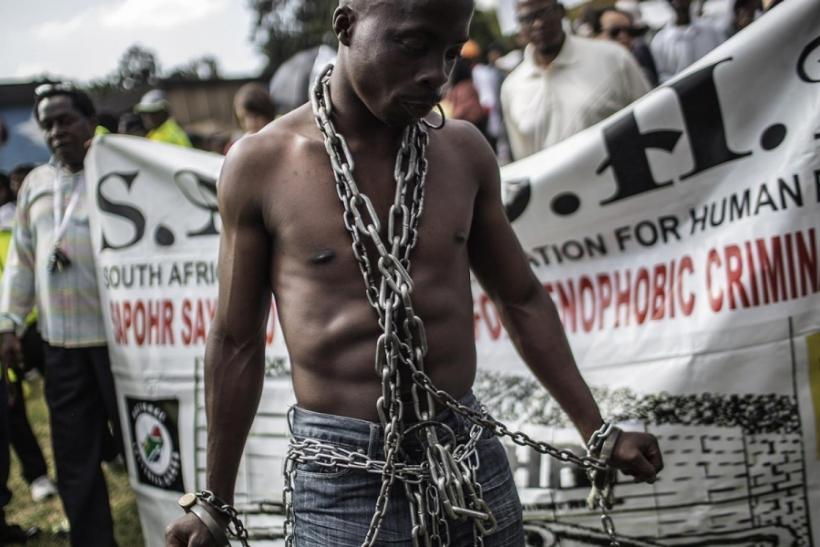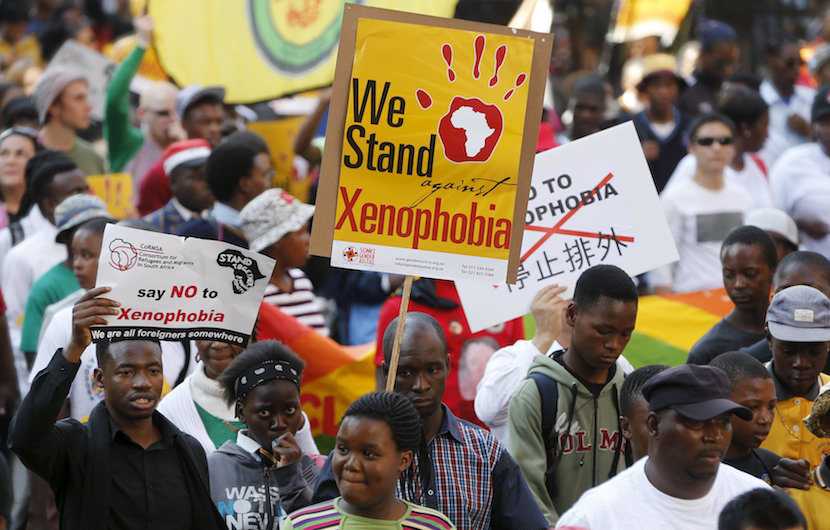South Africa is celebrating Women’s Day today, on the 9th of August.

We are aware that International Women’s Day is on the 8th of March. So we will talk briefly about both these days.
Let us begin with International’s Women Day, in order to include all the women across the whole world first.

So why 8 March? Well, at the request of activist Theresa Malkiel, on the 28th of February 1909, the Socialist Party of America organised a National Women’s Day in New York.
Following this, at the International Socialist Woman’s Conference held in 1910, German activist Clara Zetkin proposed that the 8th of March be made a day to celebrate working women. As to why the 8th of March specifically, historians are not so sure. There are claims that the 8th of March was chosen because on March 8, 1857, there had been an industrial protest by women who worked in clothing manufacturing in New York. But this hasn’t been confirmed for certain.

The 8th of March was celebrated mainly in communist and socialist countries until in 1967 the Feminist Movement also started honouring the day. It is possible that the celebration of the 8th of March as International Women’s Day was mostly limited to communist and socialist countries because the mother of all communist countries, the Union of Soviet Socialist Republics (USSR or Soviet Union or some people call it Russia) had began using the day as a national holiday after women acquired the right to vote there in 1917.
Of course, if you know one thing about socialist countries and their fascination with workers, you will not be surprised to know that in some parts of the world the 8th of March is called International Working Women’s Day. Here at African Camp Fire Stories we prefer the name International Women’s Day, as this version of the name includes ALL the women in the world.

The United Nations also eventually caught on; and they started celebrating the 8th of March as International Women’s Day from 1975.
So, on to Women’s Day in South Africa. The 9th of August. Why the 9th of August?
On August 9, 1956, about 20 000 women from all walks of life partook in a march to protest against the discriminatory South African pass laws. These women marched to the Union Buildings, which now as back then are considered as the seat of the South African government. The laws they were marching against, the Pass Laws, were basically a notorious Apartheid Era piece of legislation; these laws were meant to limit the movement of black people in the country.

In 1994, Nelson Mandela became the first democratically elected president of South Africa. The following year, 1995, 9 August started being celebrated as Women’s Day in South Africa. In fact, the whole of August is celebrated as Women’s Month.
The official South African government website says this about Women’s Day: it is a day “to recognise the important and significant role that political activism by women played during the struggle for liberation against colonisation and apartheid”.
During the Month of August, a number of activities aimed at creating awareness and promoting the understanding of women issues are held throughout the country.
This year’s official South African National Women’s Day celebrations will be held (according to the South African government website) in Vryburg, Ruth Mompati District in North West Province; under the theme: “25 Years of Democracy: Growing South Africa Together for Women’s Emancipation”.

For all African women, it is important to note that in recent years the African Union (our version of the European Union) has prioritised the empowerment of women by declaring 2015 as the “Year of Women Empowerment and Development towards Africa’s Agenda 2063.”

For all the men out there, please do not despair. Your day is coming on the 19th of November. International Men’s Day is celebrated annually on the 19th of November. We were as surprised about this as many of you reading this will undoubtedly be; we didn’t know about Men’s Day until we did research for this article.




